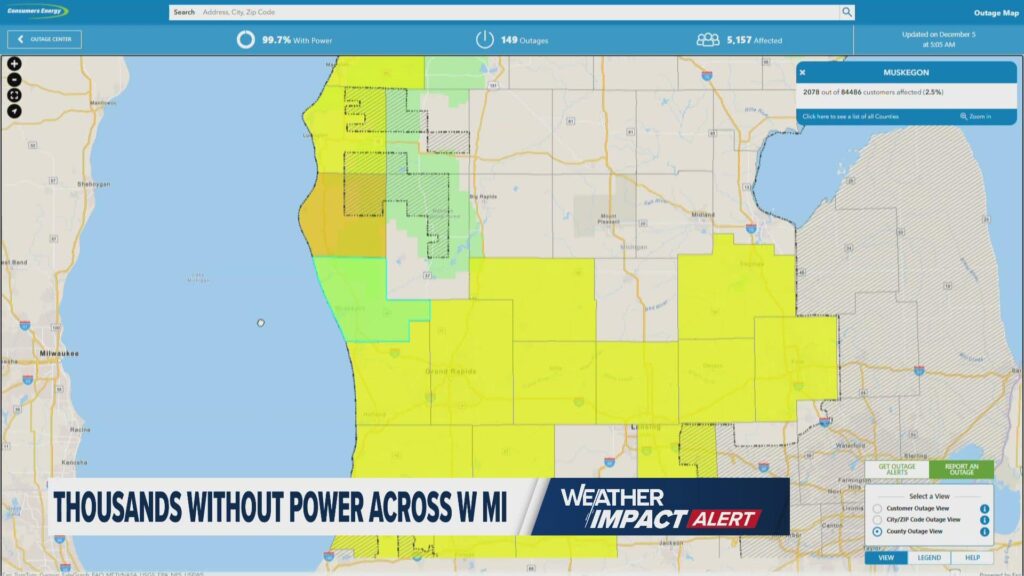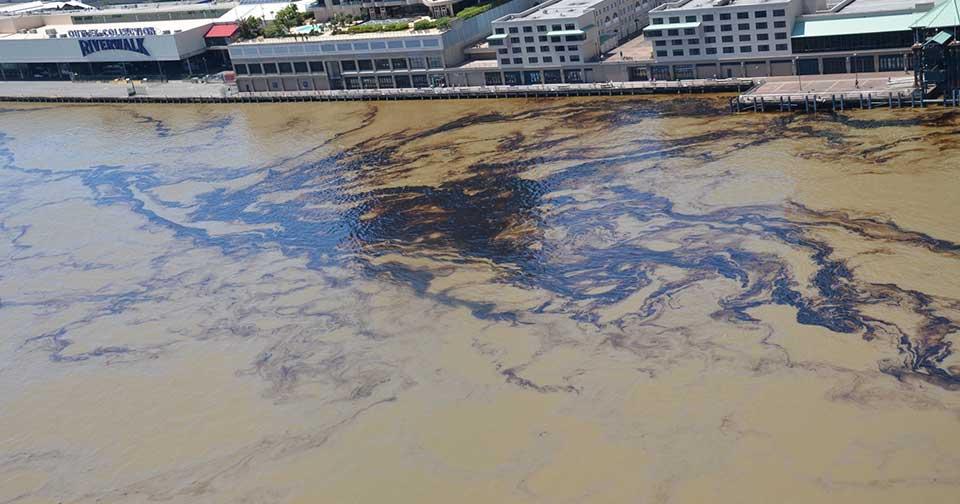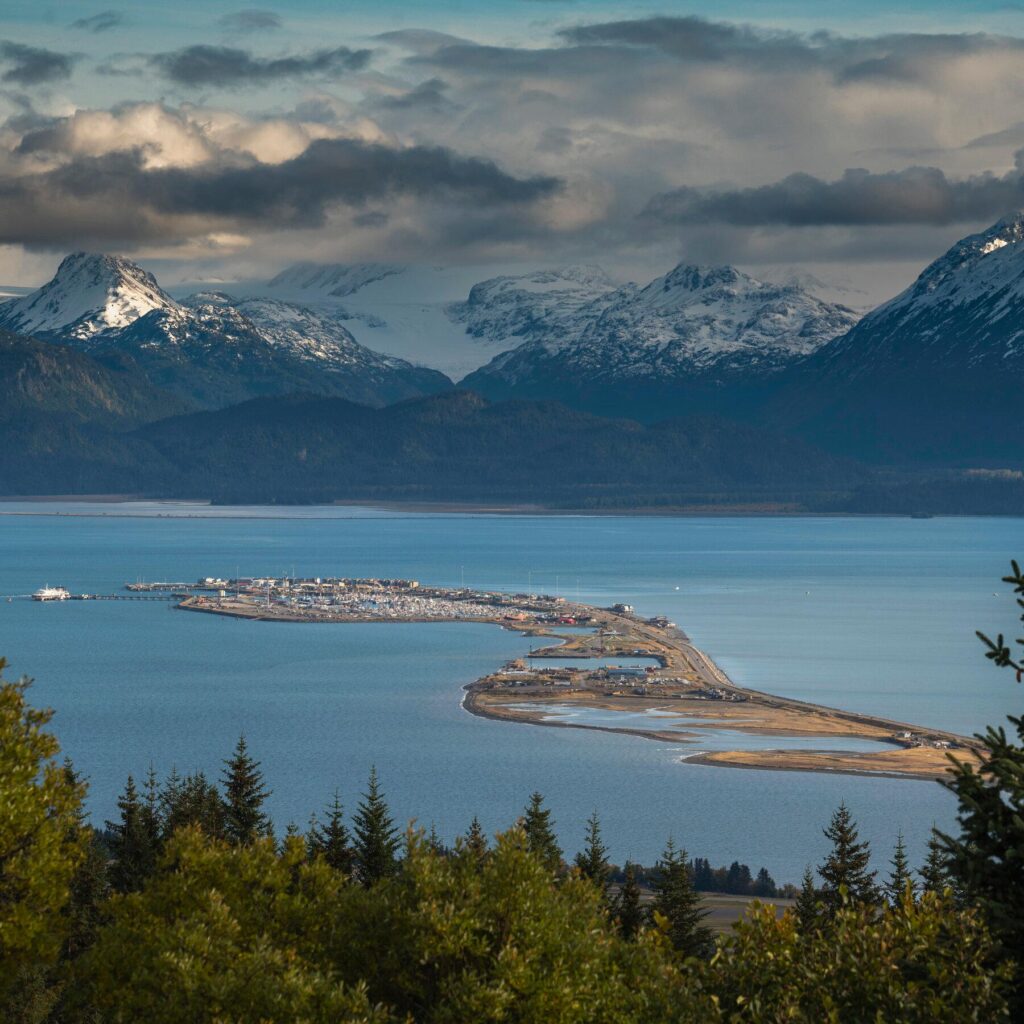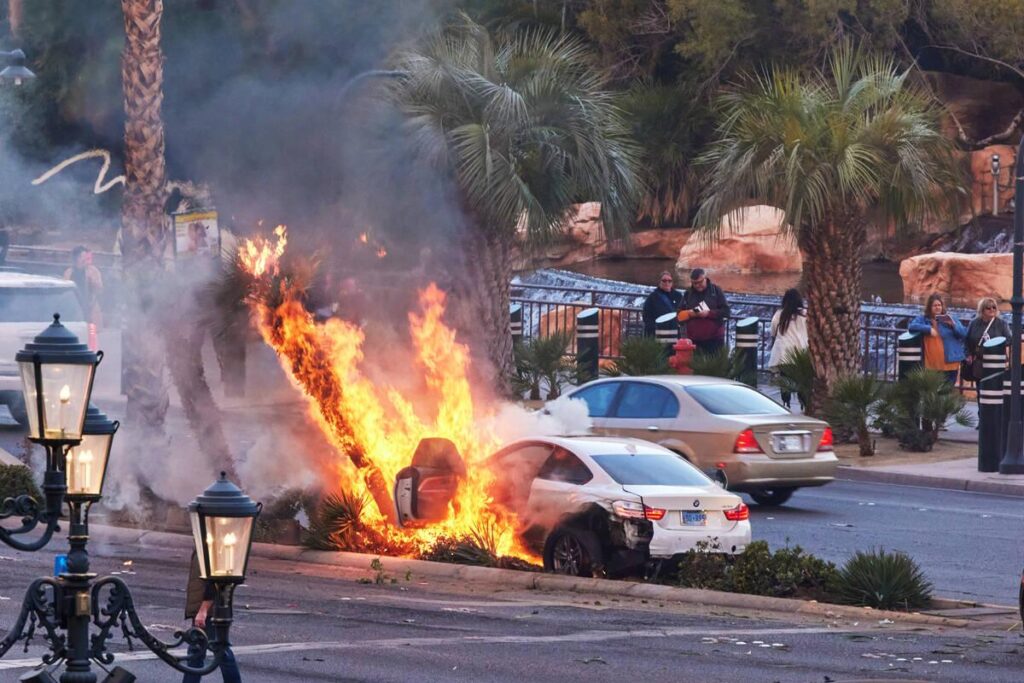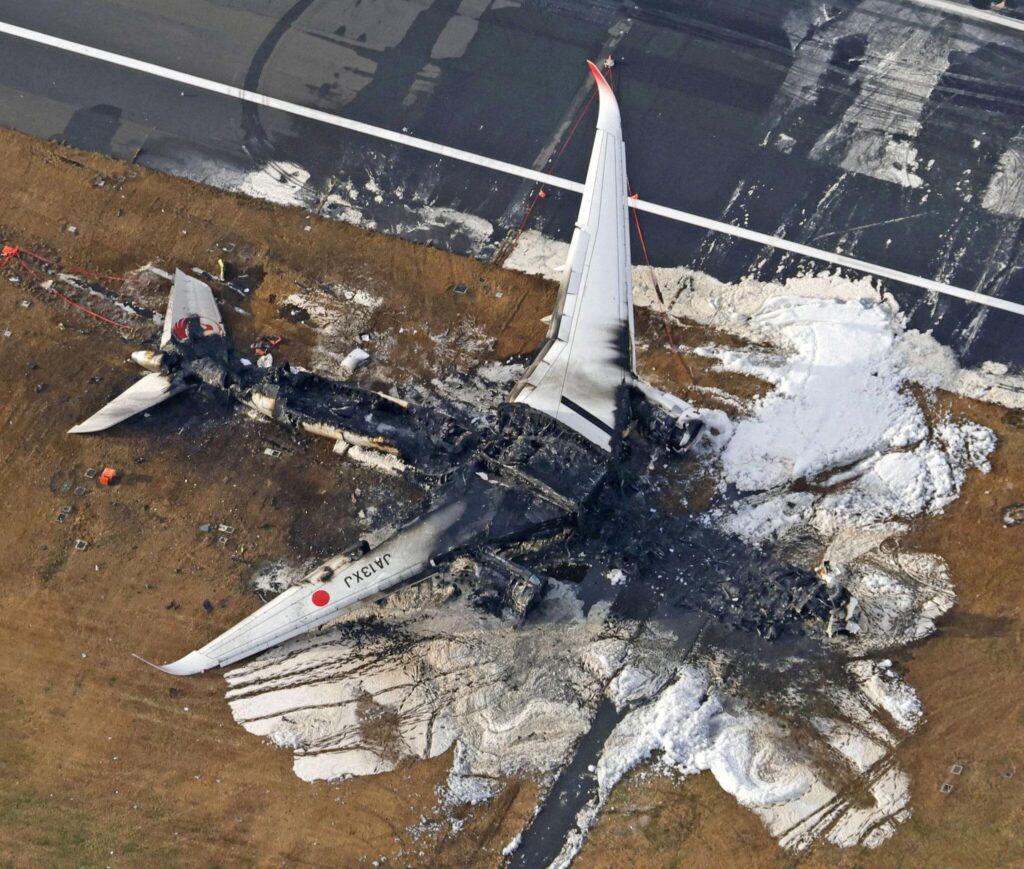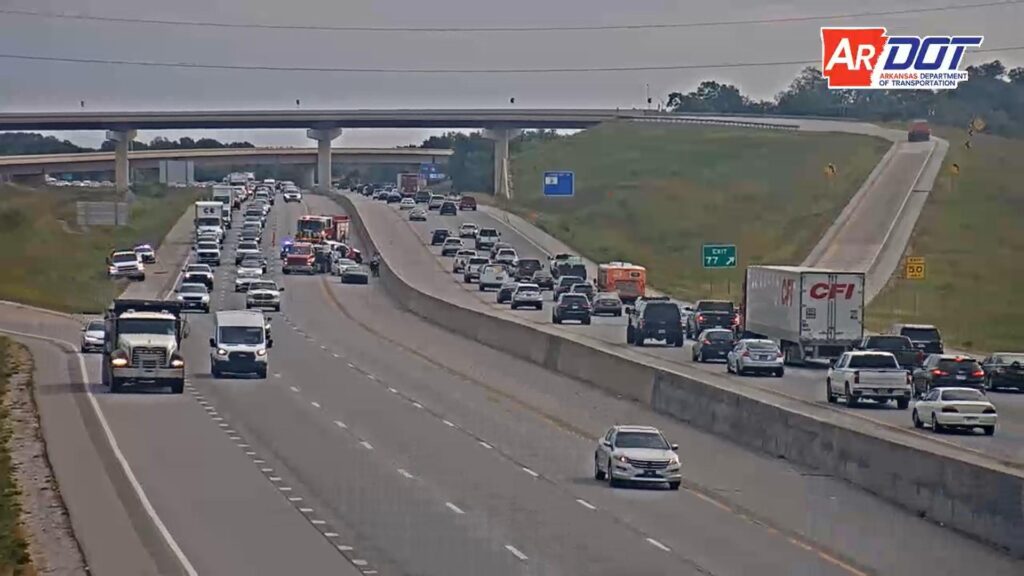In the rugged landscape of Northern Michigan, where winter’s icy breath and summer’s capricious storms have long been part of the regional narrative, residents are facing yet another test of resilience. Downed power lines, silent homes, and communities thrust into an unexpected darkness tell a story of nature’s unpredictable power and human endurance. As days stretch into a powerless limbo, the region’s inhabitants are drawing upon deep wells of adaptability, navigating a landscape where electricity has become a flickering memory and survival skills are more than just a nostalgic concept. The landscape of Northern Michigan, typically known for its rugged beauty and resilient communities, has been transformed into a challenging battleground against nature’s unpredictable fury. Residents across the region are grappling with extended power outages that have tested their resourcefulness and community spirit.
Utility crews work tirelessly, navigating through fallen trees and downed power lines, racing against time to restore electricity to thousands of households. The infrastructure strain becomes evident as generators hum in driveways and makeshift charging stations pop up in local community centers.
Small towns like Traverse City and Petoskey have become epicenters of collective survival, with neighbors checking on elderly residents and sharing resources. Local businesses have adapted quickly, with coffee shops offering free charging stations and warm spaces for those without power.
The economic impact is significant. Farms struggle to maintain crop and livestock conditions, while tourism-dependent businesses face unexpected disruptions. Local hardware stores have seen unprecedented demand for emergency supplies, with portable heaters, batteries, and solar chargers flying off shelves.
Climate experts suggest these extreme weather events are becoming more frequent,challenging customary infrastructure preparedness. The region’s electrical grid, designed for more predictable conditions, reveals vulnerabilities during these intense meteorological episodes.
Community resilience shines through personal stories of adaptation. Families are reimagining daily routines, using wood stoves for cooking, playing board games by candlelight, and finding creative ways to stay warm and connected.
Schools have implemented flexible learning models, with some offering remote options and others creating temporary learning environments in powered facilities. Local emergency management teams coordinate communication channels, ensuring critical information reaches residents through various mediums.
The psychological toll is equally challenging. Extended power disruptions create stress and uncertainty,testing community mental fortitude. Support groups and local counseling services have increased their availability to help residents navigate these challenging times.
Technology plays a crucial role in recovery efforts. Smartphone apps tracking power restoration, social media community groups, and real-time utility updates have become lifelines for information-starved residents.
As recovery efforts continue, Northern Michigan demonstrates its characteristic strength. The region’s history of weathering harsh conditions provides a blueprint for resilience,with communities coming together,supporting one another,and adapting to unprecedented challenges.
These experiences will undoubtedly shape future infrastructure planning,emergency preparedness,and community response strategies,transforming temporary disruption into long-term systemic advancement.

